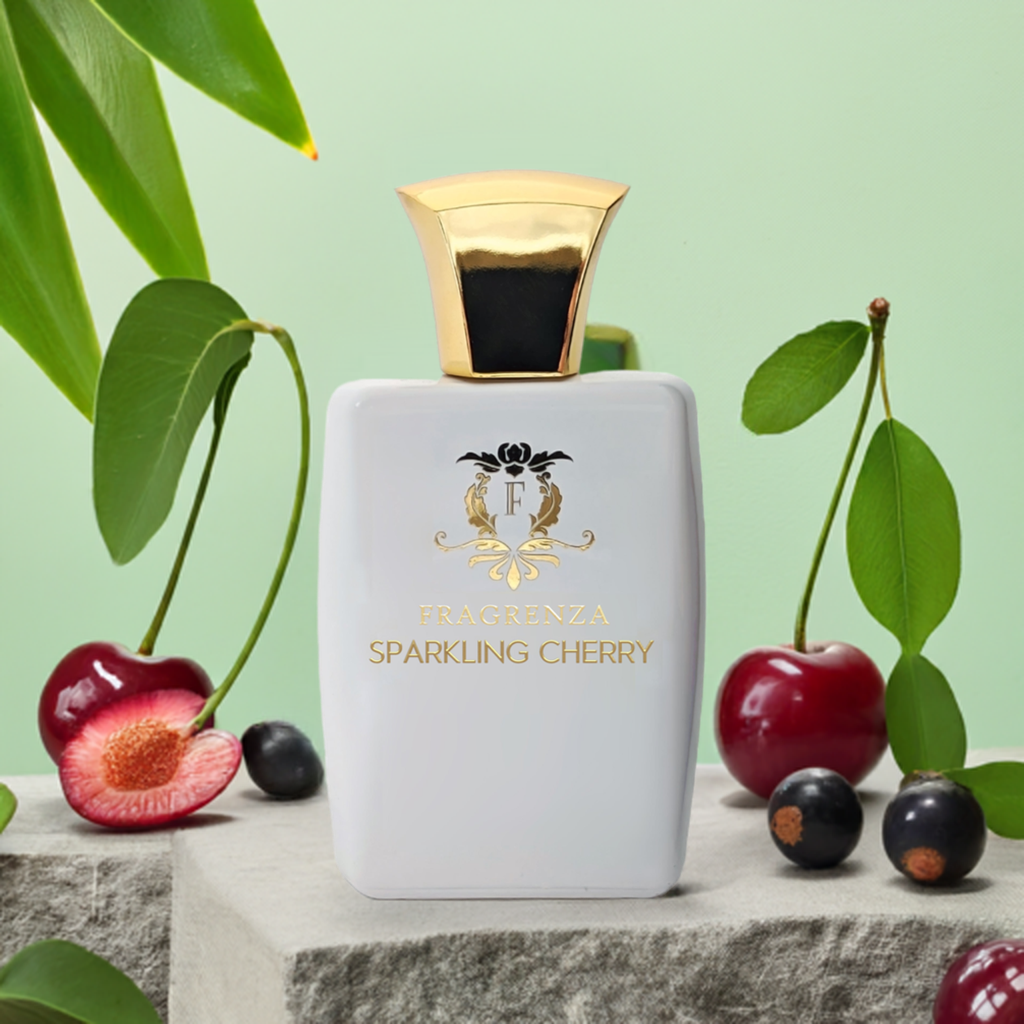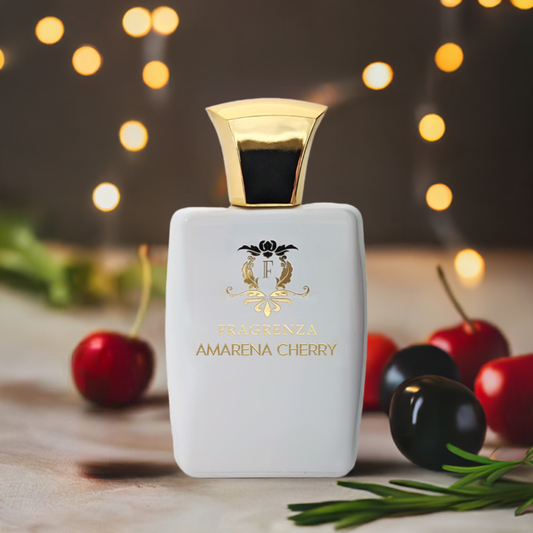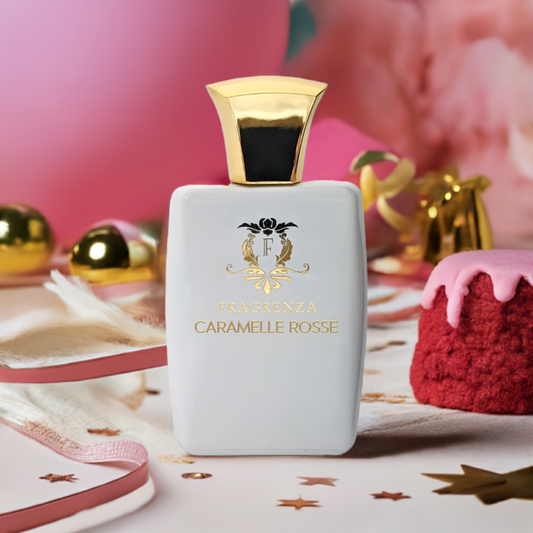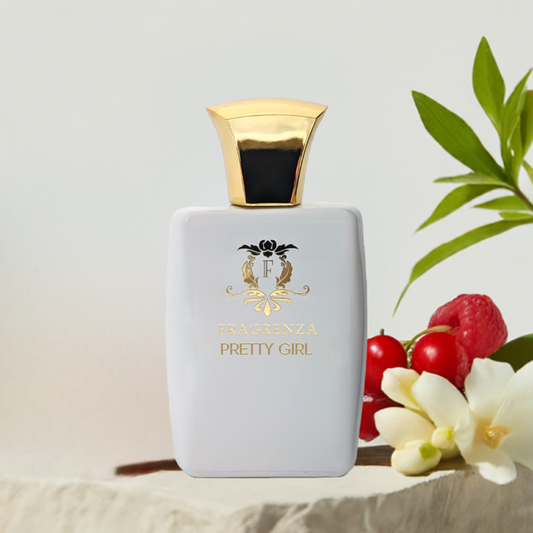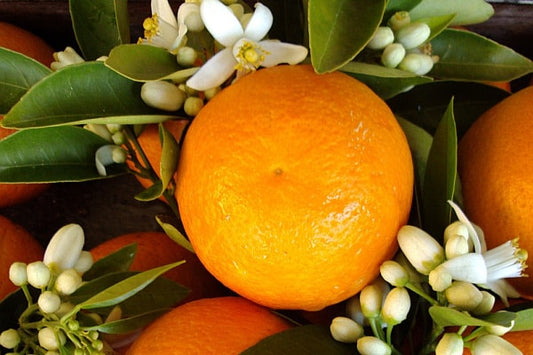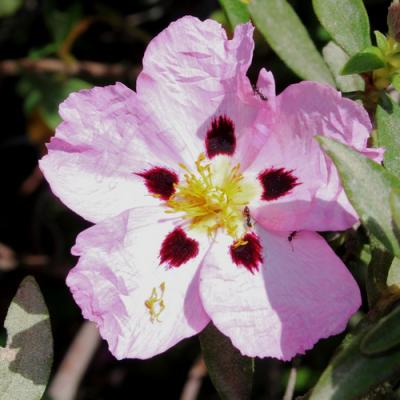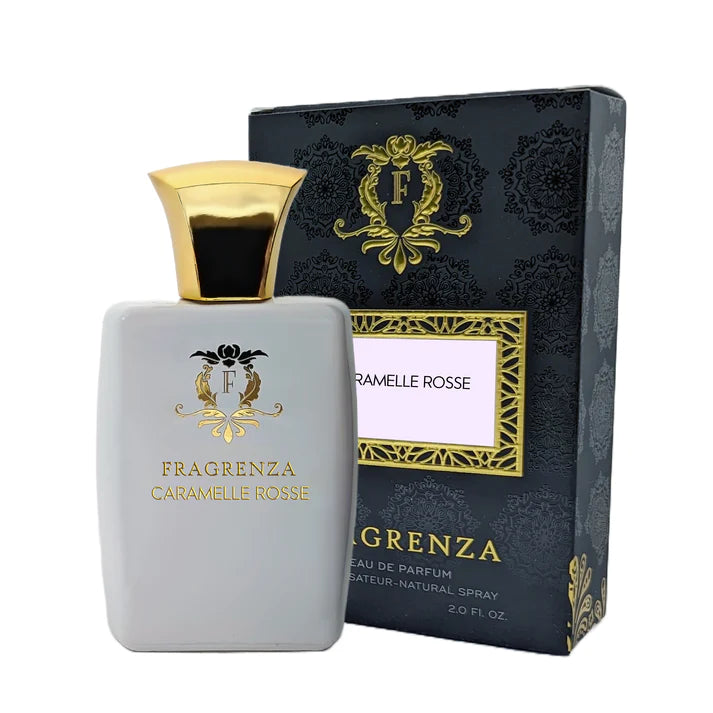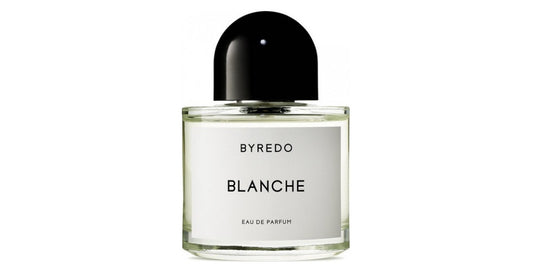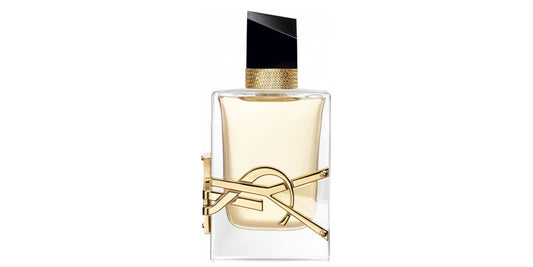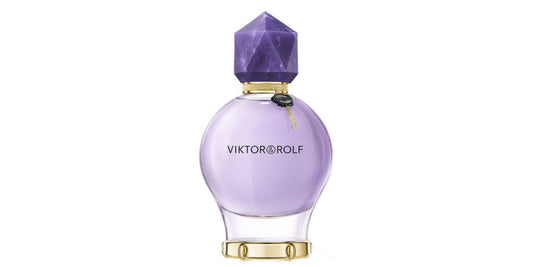Clementine in perfumery

In This Article
The Benefits of Clementine
Clementine shares similarities with other citrus fruits in its composition, but it also has its unique characteristics. With a water content of nearly 87%, clementine is an exceptionally thirst-quenching fruit. It contains an average of 41 mg of vitamin C per 100 mg of fruit, as well as vitamins A, B, and E. The name "Clementine" has even been used as a female given name. Individuals named Clementine often possess a unique outlook on life, displaying independence and provocation. The fruit's aroma is strong, lingering in a room long after peeling, with sweet, tangy, delicate, and pleasant notes. Clementine essential oil is obtained through cold expression of the zest, making it a popular choice in perfumery.
Clementine and its Association with Olfactory Families
As a citrus fruit, clementine belongs to the Hesperidia olfactory family. Naturally, it is often found in citrus fragrances, primarily as a top note, such as in Aqua Allegoria Orange Magnifica and Aqua Allegoria Mandarine Basilic by Guerlain. However, clementine also pairs beautifully with other olfactory families, like chypre compositions, particularly in Emotion by Pierre Cardin, a floral chypre. Clementine can be discovered at the heart of oriental fragrances like Cinéma by Yves Saint Laurent or Classique Été 2012 by Jean-Paul Gaultier, or in Élixir des Merveilles, an oriental-woody fragrance from Hermès, where clementine is a top note alongside orange pulp and chocolate. Naturally, clementine delights in its presence within floral fragrances like Rêve Enchanté by Van Cleef &Arpels, where it takes the top note position alongside peach and neroli. Another floral (aquatic) fragrance featuring clementine is Ô Oui by Lancôme.
Derived from a blend of mandarin and orange, clementine is a distinct and well-loved fruit. Rich in vitamins, it provides nourishment during the winter months. Clementine's popularity extends to perfumery as well. As a member of the citrus family, it typically offers volatile notes and is often used as a top note for its tangy freshness. Nevertheless, clementine pairs well with various olfactory families, allowing it to be featured in aromatic, floral, woody, chypre, and oriental fragrances.
Clementine: A Symbol of Freshness and Versatility in Perfumery
The versatility of clementine in perfumery is exceptional, as it can complement a wide range of fragrance compositions. Its sweet, tangy aroma and refreshing quality make it a popular choice for various scent profiles. When combined with spicy or green notes, clementine adds a vibrant, uplifting touch to the fragrance, as seen in Gucci Guilty by Gucci, where clementine is paired with lavender and pink pepper. In more gourmand compositions, clementine enhances the sweetness and adds a delightful fruity twist, like in Black Opium Nuit Blanche by Yves Saint Laurent, where it mingles with white musk and vanilla.
Fun Facts about Clementine
1. Clementines are sometimes referred to as "Christmas oranges" because they are often available during the holiday season and are a popular stocking stuffer.
2. The clementine tree is an evergreen that can grow up to 20 feet tall, with fragrant white flowers that bloom in the spring.
3. Clementines are thought to have originated in either Algeria or China and are a hybrid of the Mediterranean mandarin and the sweet orange.
4. Clementines are a rich source of antioxidants, which help protect the body from harmful free radicals and promote overall health.
5. In addition to its use in perfumery, clementine essential oil is used in aromatherapy for its soothing and mood-lifting properties.
With its vibrant, refreshing, and versatile qualities, clementine has found its place in the world of perfumery. The fruit's unique characteristics and delightful aroma make it a popular choice in various fragrance compositions, from citrus to oriental and floral to gourmand. As a symbol of freshness and a source of numerous health benefits, clementine continues to captivate and charm in both its natural form and its use in the art of fragrance.
